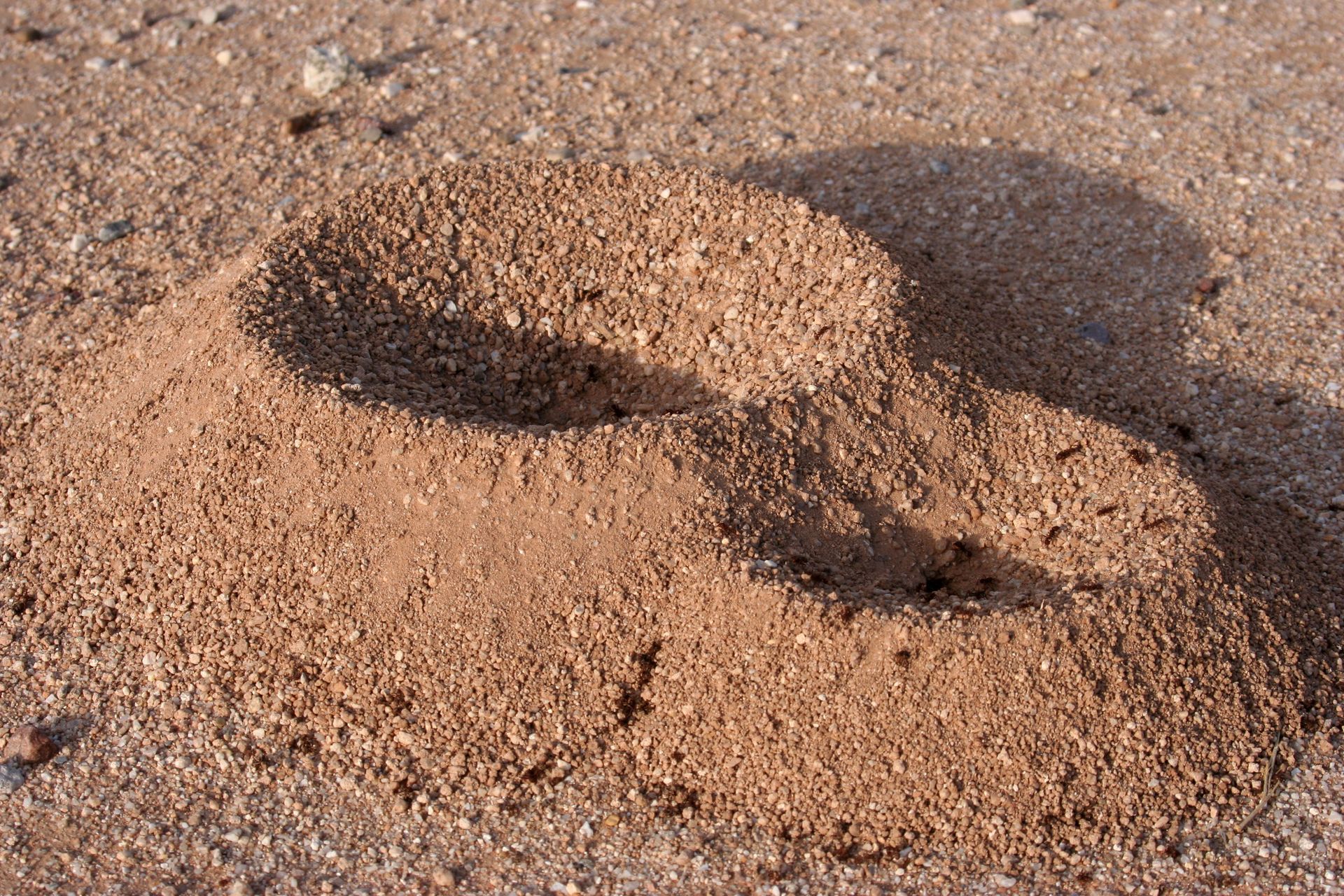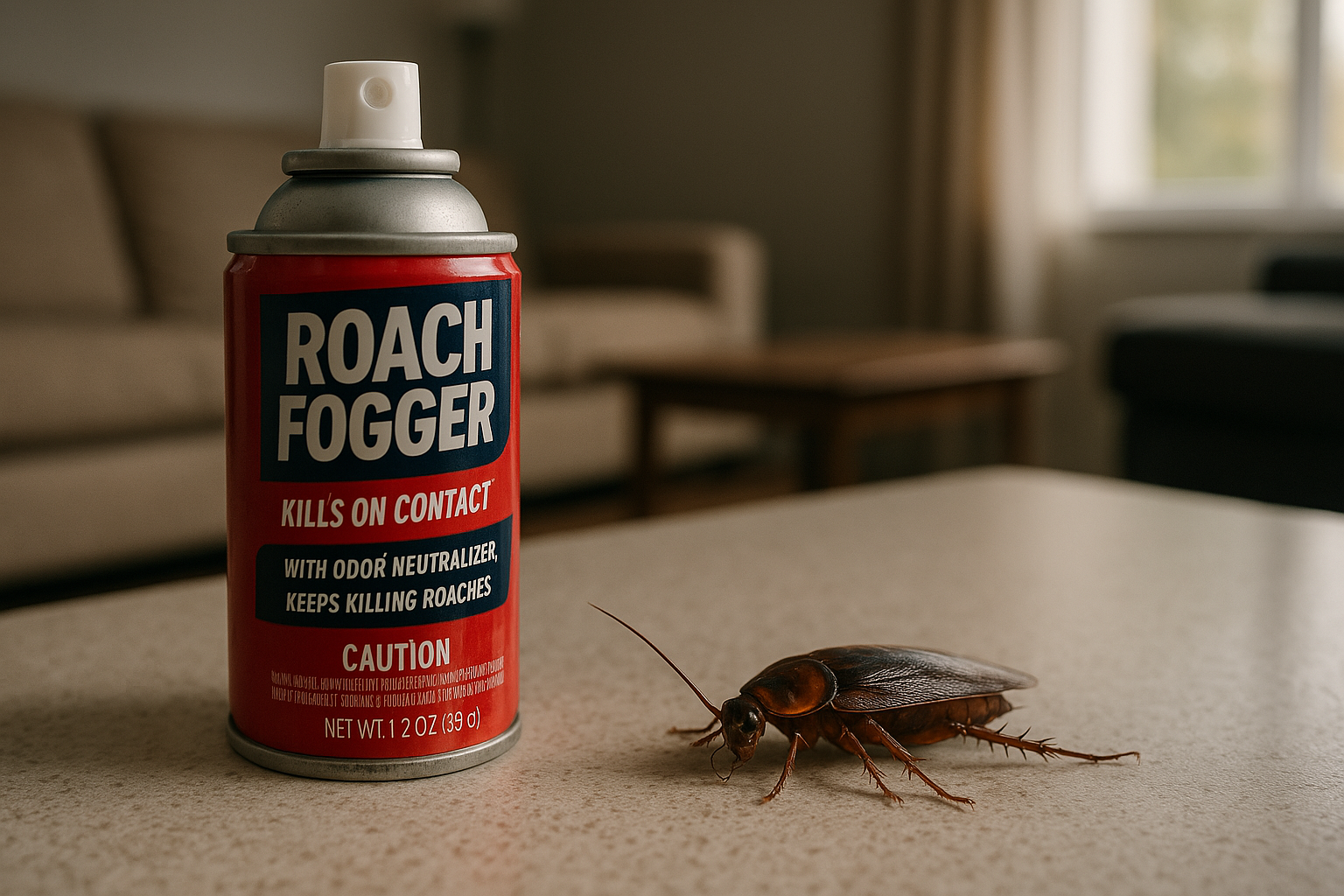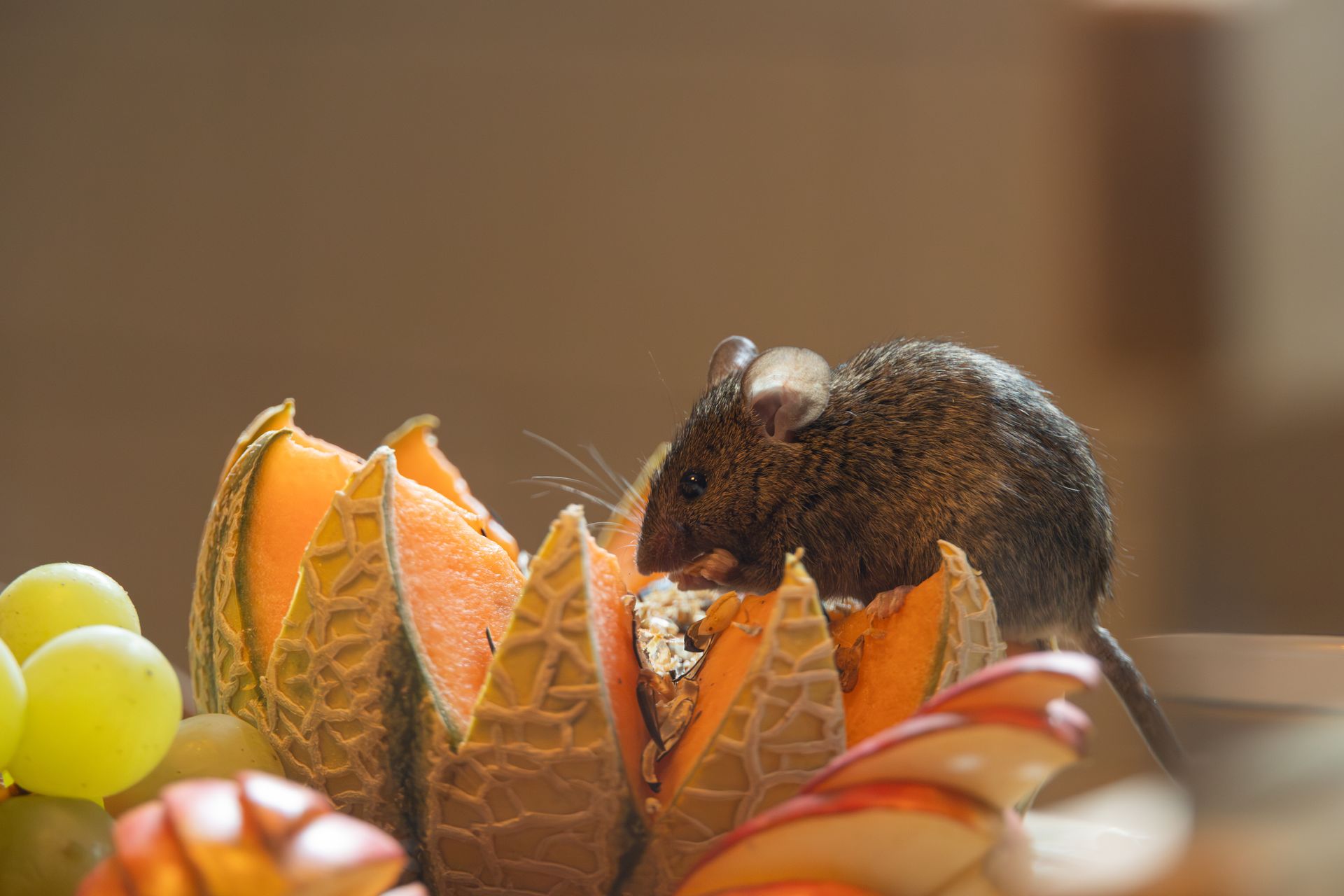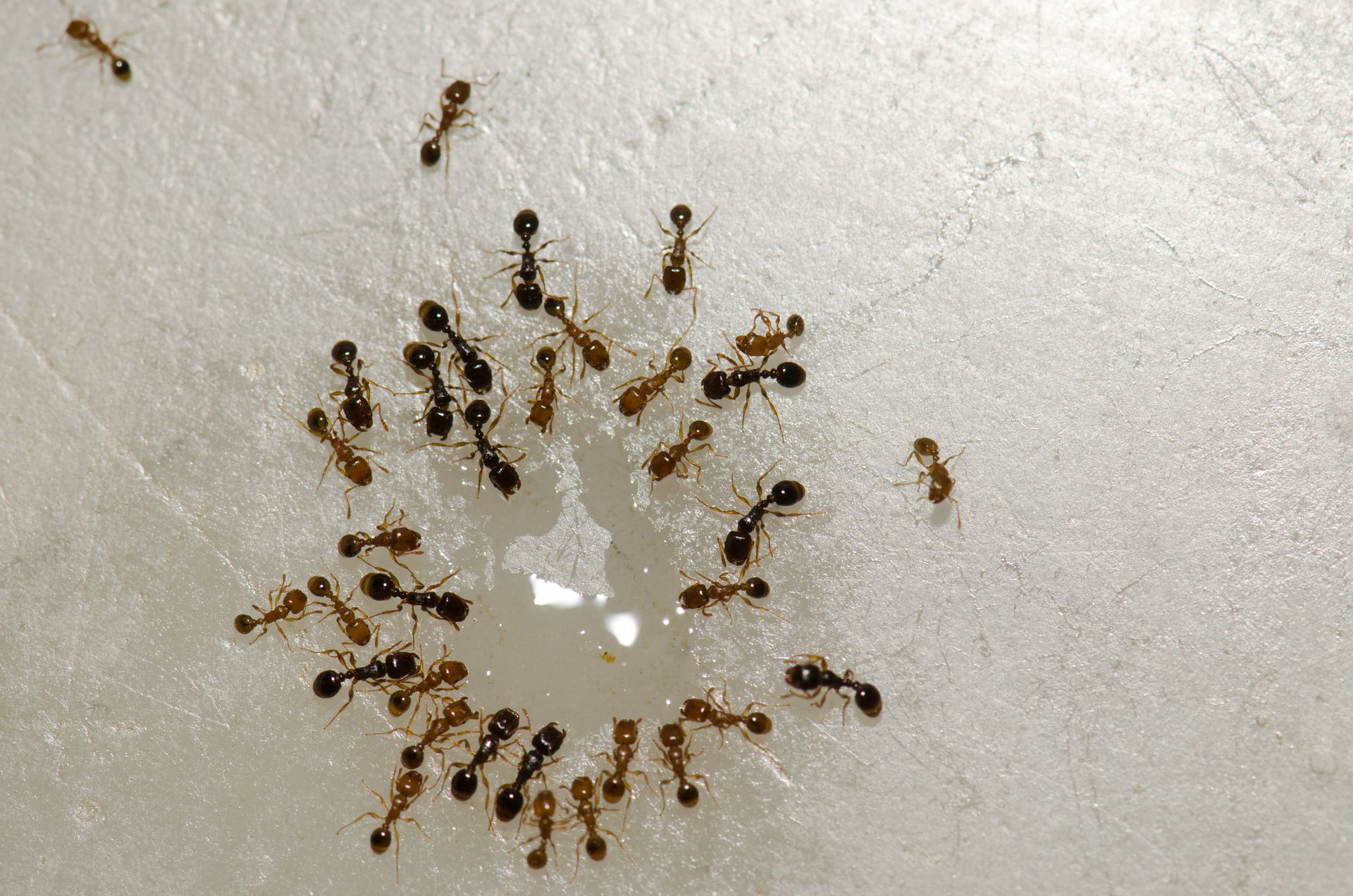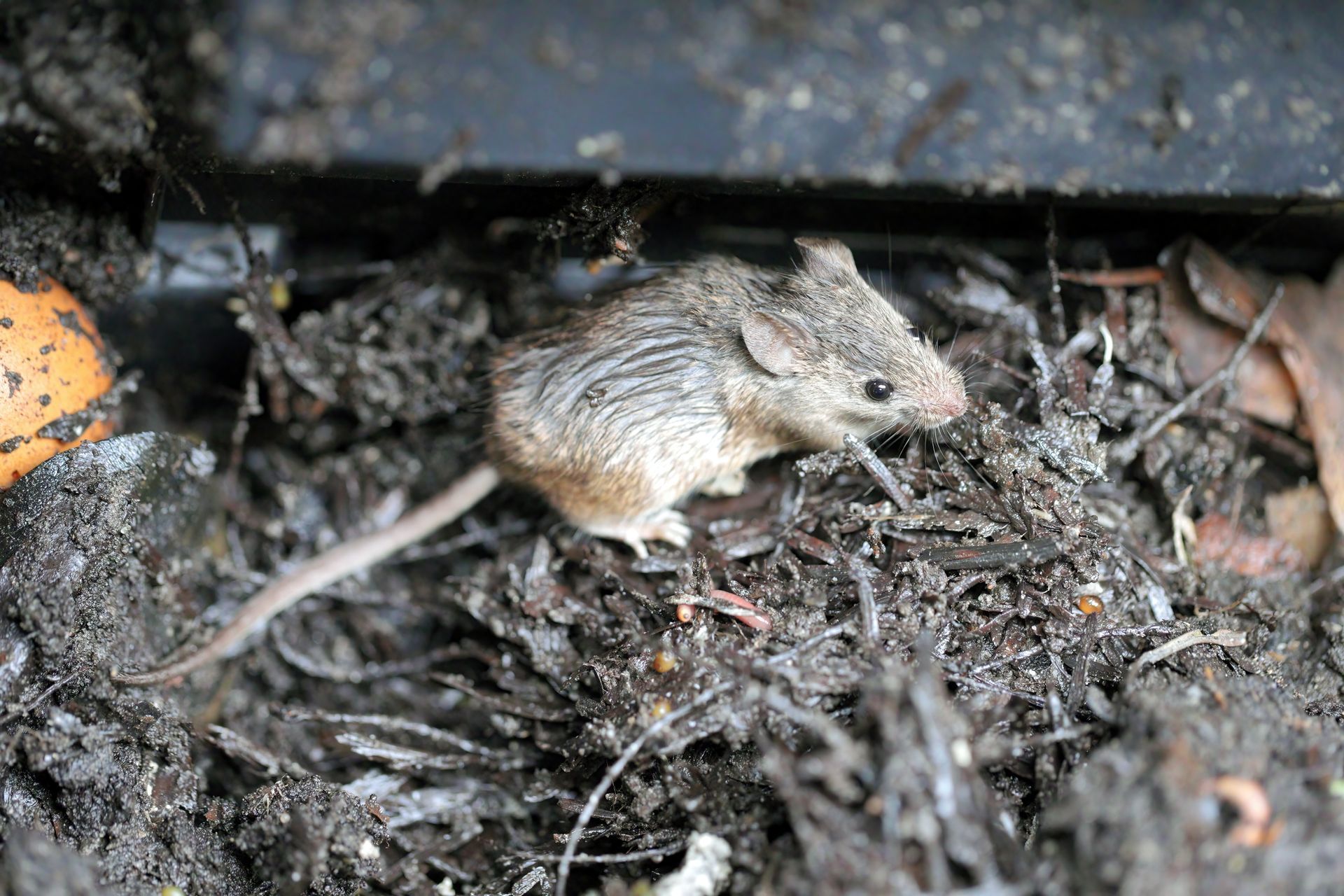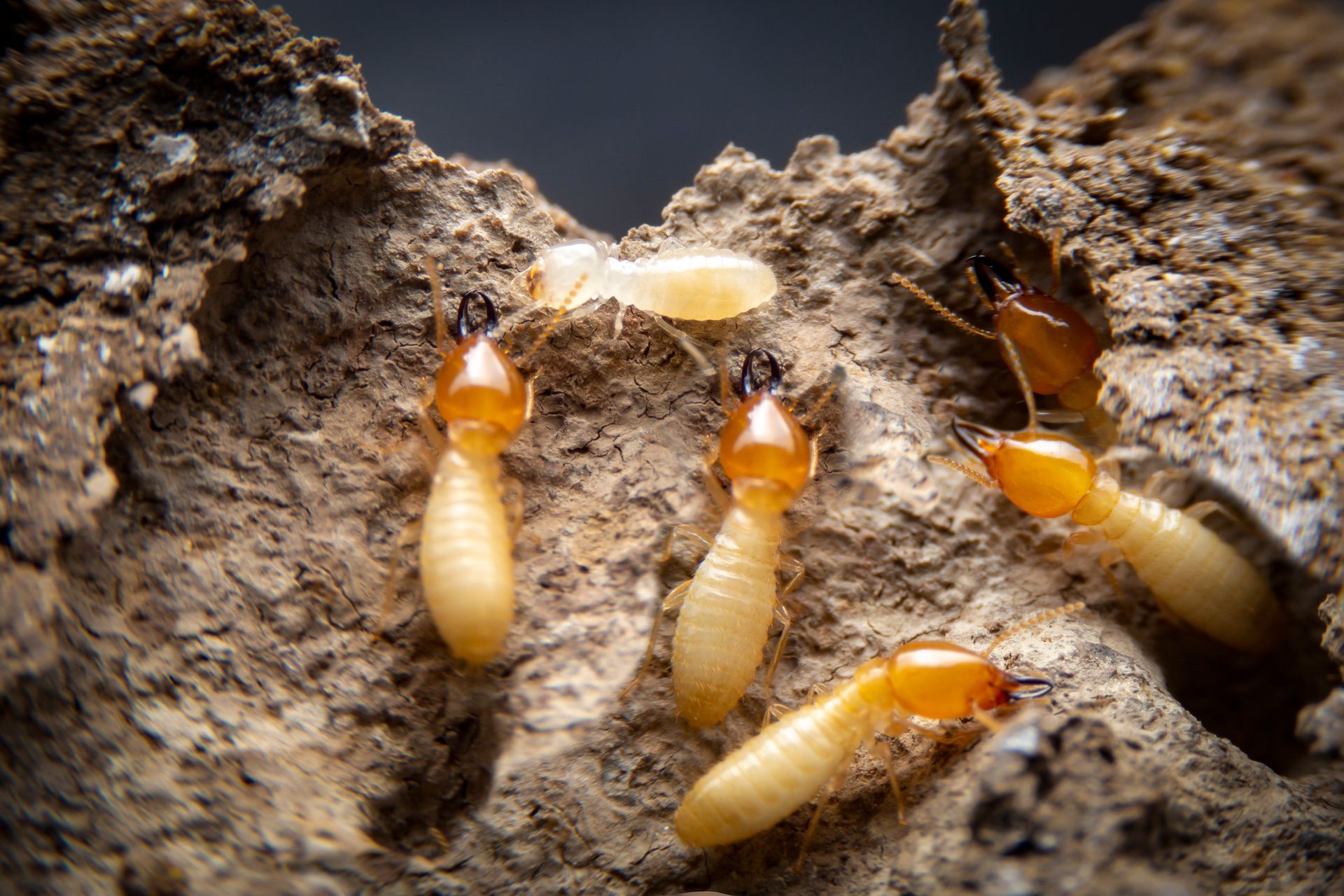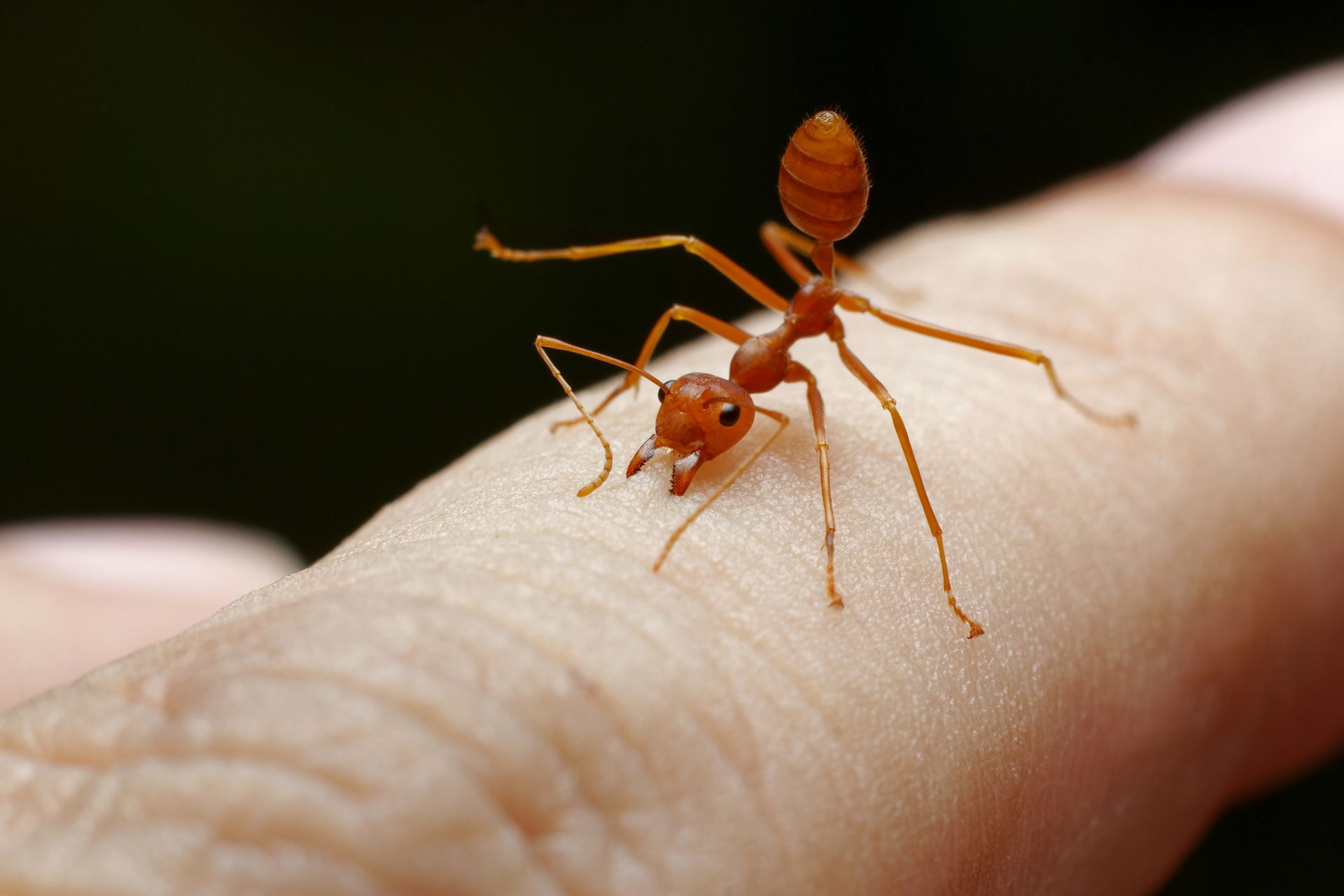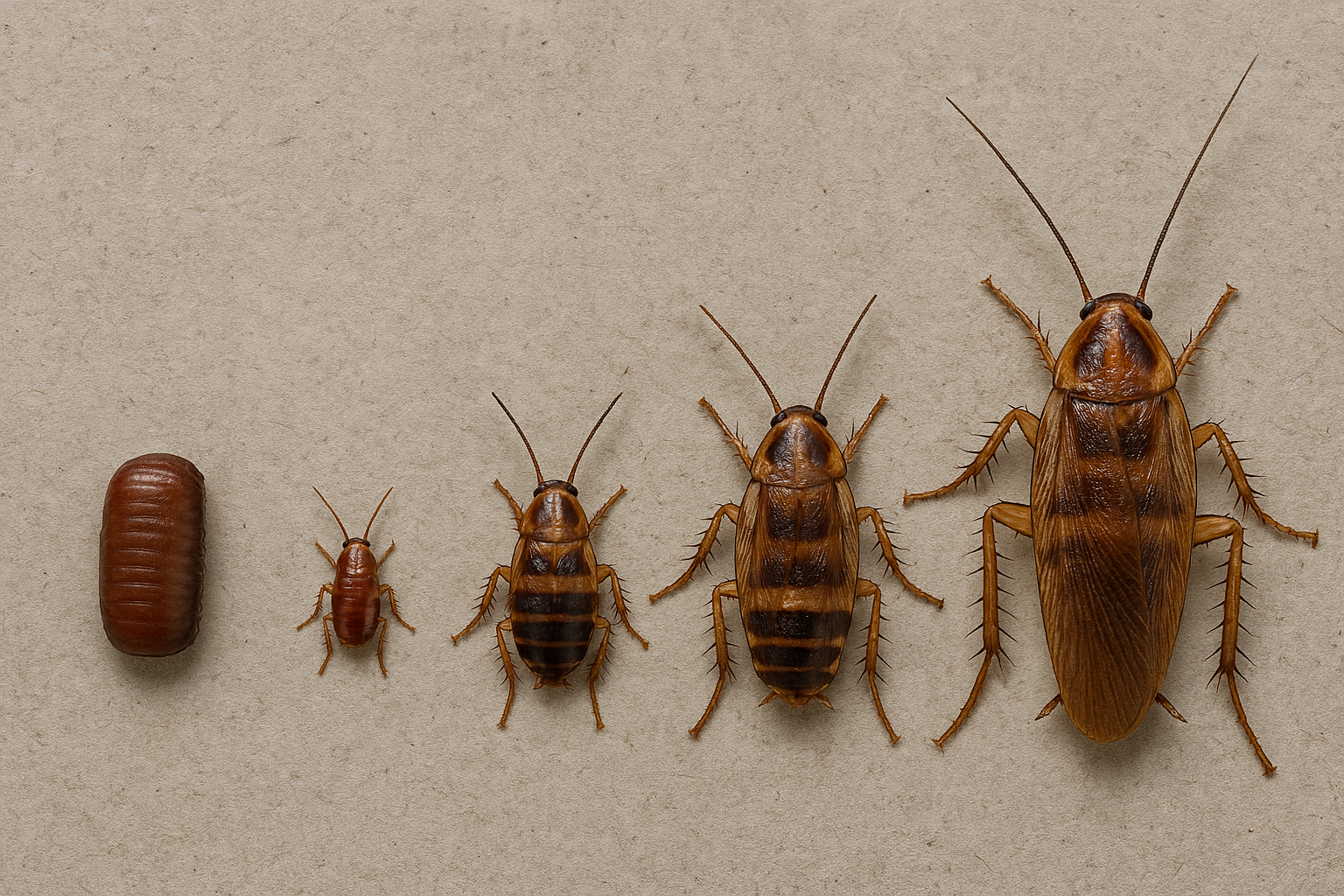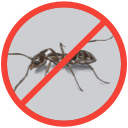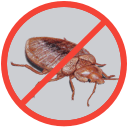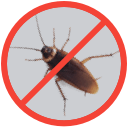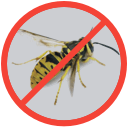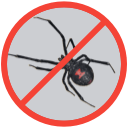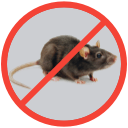Are Beetles Dangerous to Humans?
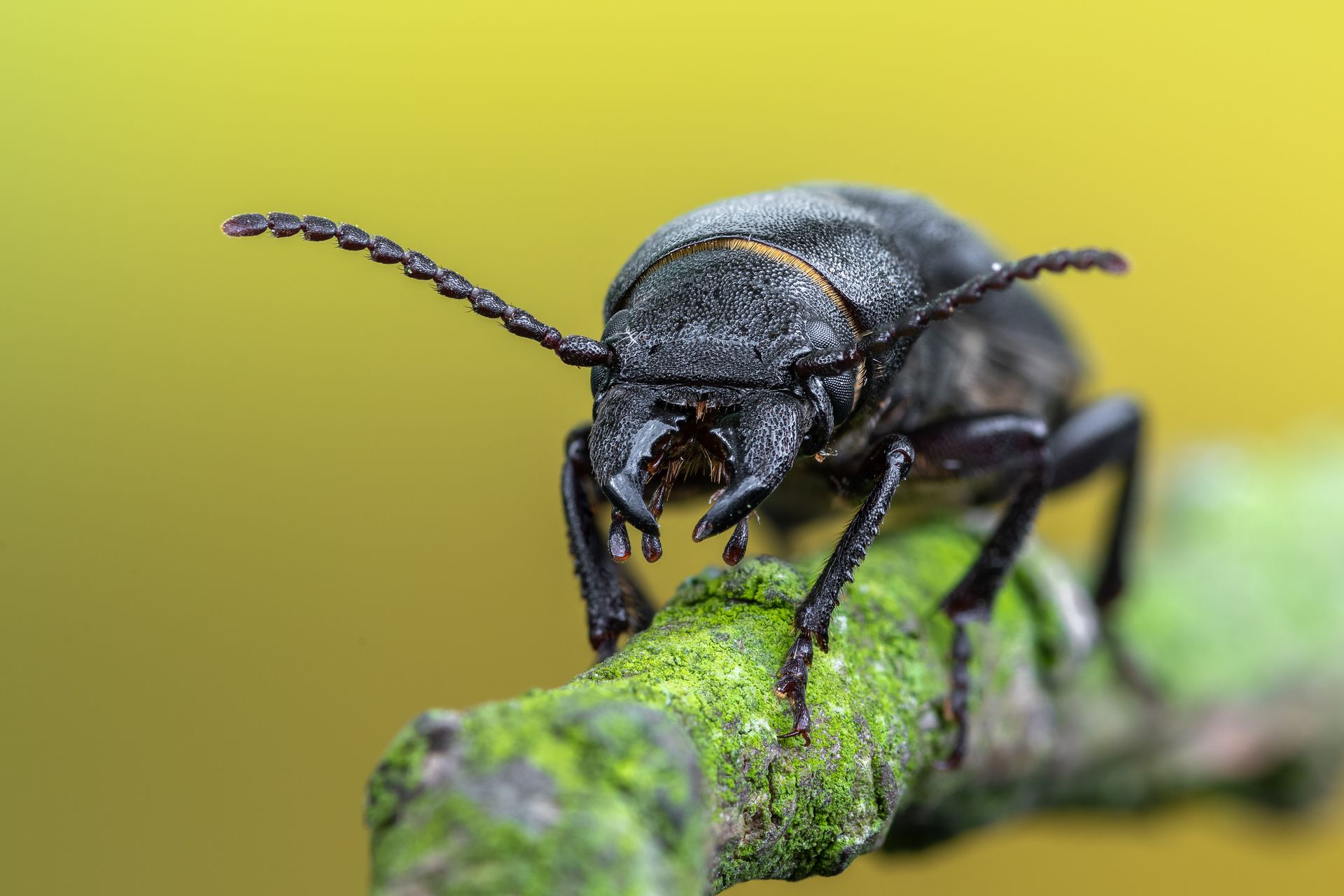
Beetles are among the most diverse and widespread creatures on the planet. They belong to the order Coleoptera which is the largest of any order in the animal kingdom. With over 350,000 known species, beetles have made their home in virtually every environment on Earth. This immense variety means that most people will encounter beetles multiple times throughout their lives. While these encounters are usually harmless and often go unnoticed, it raises an interesting question: Are beetles dangerous to humans?
Despite their ubiquity and generally benign nature, the interaction between beetles and humans isn't always devoid of danger. While many beetle species are indeed harmless, there are certain species where they pose some risk to humans. The potential for beetles to cause harm, whether through biting, pinching, or other mechanisms exists and varies significantly among the different species. Understanding which beetles might pose a risk and under what circumstances is crucial for anyone curious about or frequently in contact with these fascinating insects.
Are Beetles Dangerous?
Overall, beetles are not typically considered dangerous to humans. Most beetles do not attack people, do not suck blood, and are not vectors for diseases. However, there are exceptions within the vast diversity of beetle species. Beetle species have a wide array of defense mechanisms that can indeed hurt people under certain circumstances. That being said, such instances are relatively rare and usually do not result in significant injuries or long lasting detrimental impacts. A few examples of defensive mechanisms that could potentially result in injuries include blister beetles that secrete cantharidin which is a toxic chemical that can cause skin irritations or burns upon contact and the bombardier beetles which can spray a hot, acidic liquid that can cause chemical burns. While these instances are uncommon, they highlight certain beetles that can cause discomfort or minor injuries to people.
Do Beetles Bite?
While beetles are not commonly known for biting humans, they can do so. Many beetles are equipped with chewing mouthparts which give beetles the physical ability to bite. Some species like those with well-developed jaws or mandibles use these primarily to catch and consume prey or to gnaw through substances like wood. However, a few types of beetles may use their biting capability as a defense mechanism. Human encounters with biting beetles typically occur through unintentional contact where the beetle might bite humans in response to feeling threatened or provoked. In these instances, the bite can be surprisingly painful although it is generally not dangerous unless it leads to an allergic reaction or infection.
What Beetle Species Can Hurt Humans?
While beetle related injuries are relatively rare, certain species are known to occasionally cause pain and discomfort to humans via their respective defense mechanisms. Among these, blister beetles, bombardier beetles, stag beetles, and longhorned beetles are the most notable.
Blister Beetles
Blister beetles belong to the Meloidae family and are a noteworthy concern due to their interaction with humans and the potential hazards they pose. These beetles are easily recognizable by their long, narrow bodies which can reach about an inch in length. They are typically solid black or dark grey with a distinctive yellow stripe. They are commonly found feeding on crops and small garden plants like alfalfa, tomatoes, and beets. While they are common outdoor pests, blister beetles are also drawn to light which can bring them into close proximity with human activity.
The primary risk associated with blister beetles stems from their defense mechanism. When threatened or crushed, they release cantharidin which is a potent chemical that causes the skin to blister upon contact. Although the resulting skin irritation usually heals on its own without leaving permanent damage, it can be quite painful. In rare cases, severe allergic reactions to cantharidin can be dangerous and potentially fatal.
African Bombardier Beetles
African Bombardier beetles expel a boiling hot, toxic chemical spray from their abdomens which is accompanied by an explosive sound that can startle predators and humans alike. While the chemical itself is non-toxic to humans, it can cause significant irritation and a burning sensation on the skin. This pain is said to be the equivalent to the pain of a bite or sting. With over 500 species of African Bombardier beetles found worldwide, encounters with these insects are common but it is rare to be subjected to their acidic spray unless they feel threatened.
Stag Beetles
Stag beetles are members of the Lucanidae family and are striking insects known for their formidable appearance and large, pincer-like mandibles. These beetles are typically dark brown to black and can be found in various habitats around the world. Males are particularly notable for their oversized mandibles which they use primarily in combat with other males over territory and mates. Despite their intimidating appearance, the male stag beetles' mandibles are not strong enough to break human skin or cause harm.
Female stag beetles on the other hand, possess smaller yet robust mandibles that can deliver a painful bite if provoked. Their mandibles are strong enough to pinch human skin hard enough to cause noticeable discomfort. Even still, these bites typically do not require medical treatment. Encounters with stag beetles can be startling due to their size and the aggressive nature of the males, but they are generally not a threat to humans and are often admired for their unique and impressive appearance.
Longhorned Beetles
Longhorned beetles belong to the Cerambycidae family and are easily recognized by their distinctly long antennae which often extend to three times the length of their bodies. These beetles have a global presence with around 20,000 species identified worldwide. Longhorned beetles are typically considered pests due to their wood-boring habits, particularly targeting firewood and timber that retains a high moisture content. They play a natural role as recyclers by boring into dying or dead wood, but this behavior also makes them a concern for timber industries and homeowners.
Despite their ecological role, longhorned beetles can also impact humans directly through their powerful bite. The pain from a longhorned beetle bite can cause considerable swelling and lasts up to one or two days. While their bite is not fatal, the discomfort and potential for swelling make encounters with these beetles particularly noteworthy.
Other Risks Associated with Beetles
While the direct physical risks posed by beetles to humans are minimal, these insects can still be harmful in other significant ways. The largest impact that beetles have is primarily through the damage they cause to property and agriculture. Beetles are known to be a menace to both large-scale agricultural operations and private gardens, where they can devastate crops by consuming leaves, roots, stems, seeds, and fruit. This type of activity not only affects the health and yield of the plants but can also lead to considerable economic losses for farmers and gardeners.
Other beetle species pose a threat to forestry, with certain beetle species laying eggs in tree bark. This leads to larval tunnels that can weaken and eventually kill entire trees. This can result in substantial ecological disruption and financial damage, especially when large forest areas are affected. In residential areas, beetles such as powderpost beetles and others can damage wooden structures and furniture by boring into the wood. Other species like the small hive beetle can have detrimental impacts of beneficial pollinators by targeting beehives which causes the destruction of bee colonies. These varied risks underline the importance of effective beetle management to prevent widespread damage and preserve both natural and man-made environments.
Harm Associated with Carpet Beetles
Carpet beetles, while not directly harmful to humans in the way biting insects are, can still cause considerable discomfort and annoyance in households. These beetles are infamous for the allergic reactions they can provoke. The larvae of carpet beetles are covered with tiny, hair-like fibers that can cause itchy, red bumps when exposed to human skin. This reaction is actually an allergic response to the hairs. This can be exacerbated further if the affected areas are scratched excessively, causing a secondary infection.
In addition to skin allergies, carpet beetles are responsible for significant damage to linens and fabrics in addition to stored pantry items. Carpet beetle larvae are consumers of organic materials that include natural fibers like cotton and wool and hair. This results in damage to clothing, linens, upholstery, and carpets.
Harm Associated with Japanese Beetles
Japanese beetles, while harmless to humans as they do not bite, pose a significant threat to gardens and landscapes. These beetles have a voracious appetite for a wide variety of plants, with adults known to feed on over 300 different species. Some of their favorite targets include roses, hibiscus, crape myrtles, and cherry trees. Their feeding method is particularly destructive as they skeletonize leaves, eating the tissue between the veins which leaves a distinctive lace-like appearance. This damage not only diminishes the aesthetic value of the plants but also impacts the overall health of the plants and reduces the yield of fruits and vegetables.
How to Get Rid of Beetles
Managing beetle infestations effectively requires a combination of strategies depending on the severity and location of the infestation. Here are some of the most effective methods for getting rid of beetles in your home, yard, and garden:
- Neem oil: A natural repellent that is safe for pets and children. Apply it directly on plants, doorways, and windows. Frequent application is necessary to maintain its effectiveness.
- Peppermint oil: Mix with water and spray on entry points to repel beetles. It's safe for pets and children although some might find the odor strong.
- Insect traps: These traps use scents to attract beetles and trap them inside. They need to be replaced regularly and are best used where beetle activity is noticeable.
- Pyrethrin: Derived from chrysanthemum flowers, this chemical affects the nervous system of beetles. It requires cleanup afterward due to dead insects.
- Diatomaceous earth: Sprinkle this crushed fossilized algae around entry points. It dehydrates insects and is safe for use around pets and children.
- Physical removal: For gardens with fewer beetles, physically removing them with gloved hands can be effective.
- Professional exterminators: For severe infestations, or when DIY methods fail, professional pest control services can provide a safe and effective solution.
Implementing these strategies can help maintain a beetle-free environment, protecting both your home and garden from potential damage.
Contact EcoGuard Pest Management if You Are Dealing with Beetles
If you're facing persistent beetle problems in your home or garden, don't let the situation get out of hand. EcoGuard Pest Management offers professional, effective solutions tailored to safely and efficiently address your beetle infestation. Our team of experts is equipped with the knowledge and tools necessary to protect your space from these pests. Contact EcoGuard Pest Management today to see how we can help you regain peace of mind and take back control from unwanted beetles.
Dangerous Beetle FAQs
Can beetles harm you?
While most beetles are harmless to humans and do not pose any significant health risk, a few species can cause discomfort or minor injuries. For example, some beetles like the blister beetle can release irritating chemicals that cause skin blisters, while other species like the longhorned beetles can deliver a painful bite if provoked. Such instances are relatively rare, and beetles are generally not considered a direct threat to human health.
Are house beetles dangerous?
House beetles, generally speaking, are not dangerous to humans as they do not bite or sting and are not known to carry diseases. However, some species like carpet beetles can cause allergic reactions through contact with their hairs or shed skin. Additionally, certain types of house beetles may cause damage to household items like fabrics, food products, and wooden structures.
Should I be worried about beetles?
Generally, there is no need to be overly concerned about beetles as most are harmless and do not pose a significant threat to human health. However, some species can cause damage to plants, textiles, or stored food so it's wise to manage beetle populations in your home or garden if they become problematic. If you notice a significant infestation or damage, it may be best to consult with pest control professionals to assess and address the issue effectively.
What happens if you get bitten by a beetle?
If you get bitten by a beetle, you might experience mild to moderate pain, redness, and swelling at the site of the bite. Most beetle bites are not harmful, and symptoms typically resolve on their own without the need for medical treatment. However, if you notice severe swelling, persistent pain, or signs of an allergic reaction, it's important to seek medical attention.


